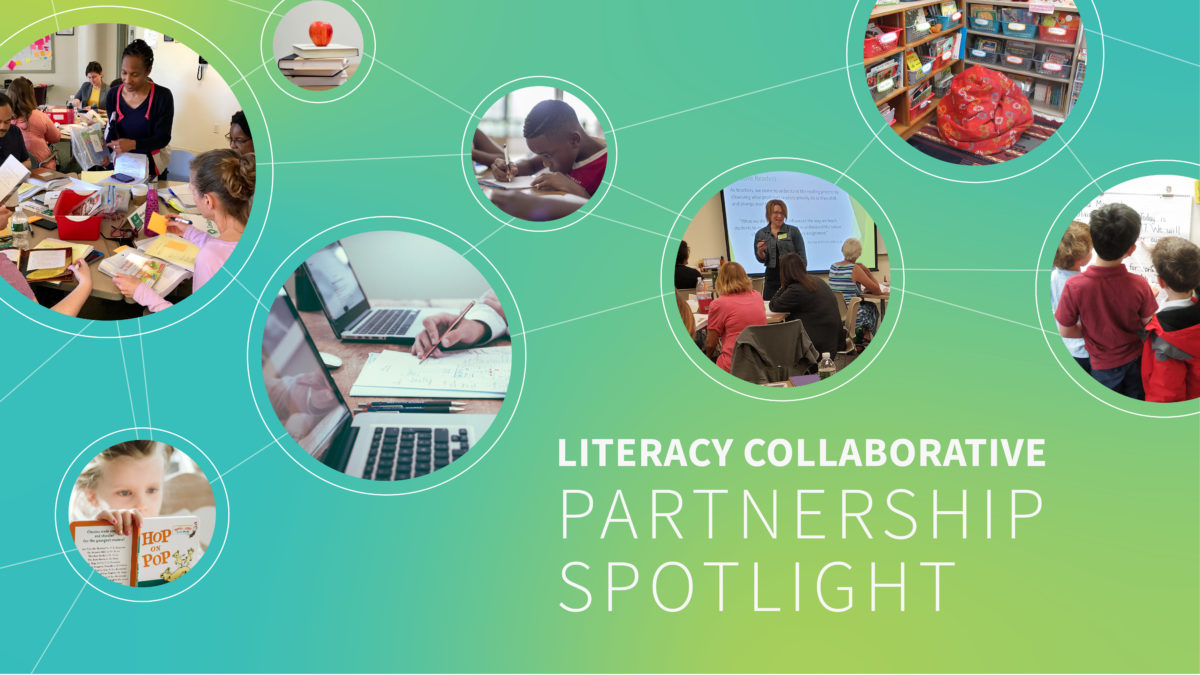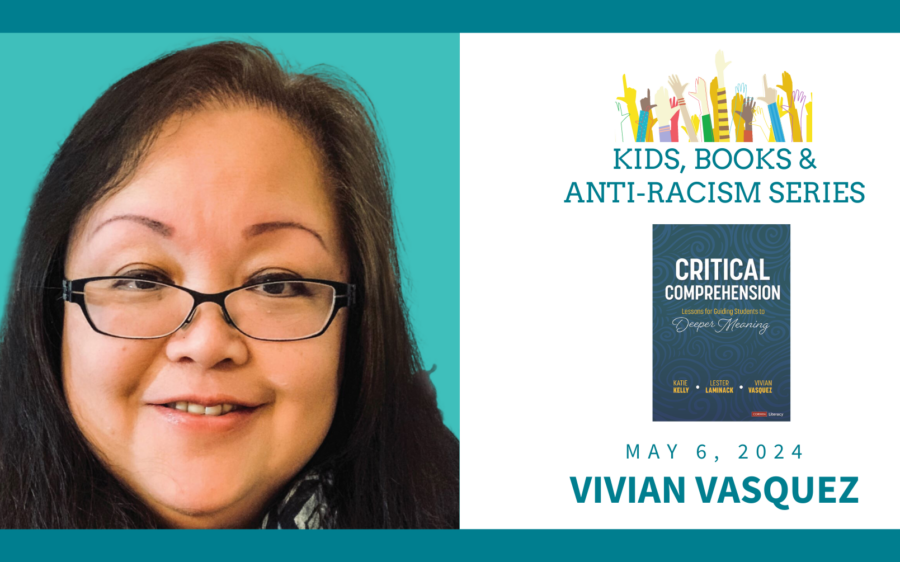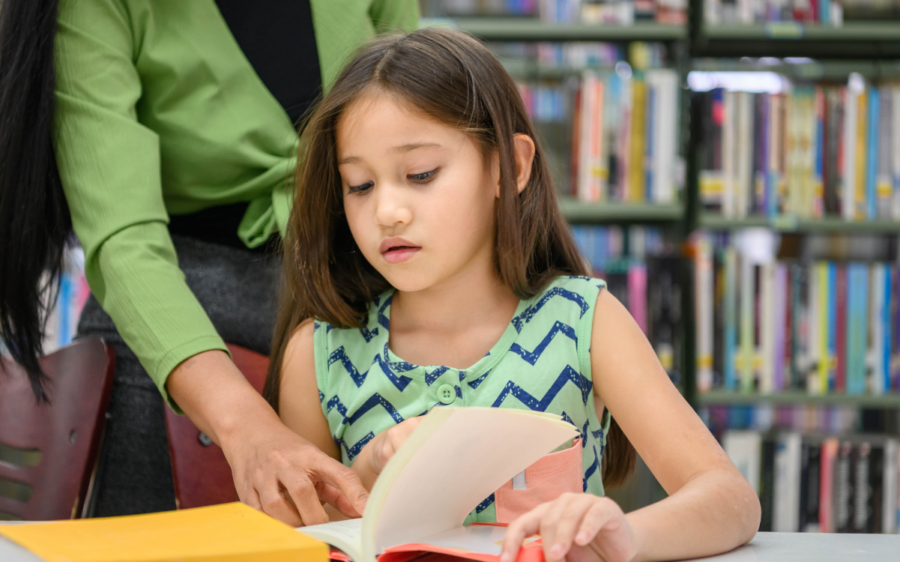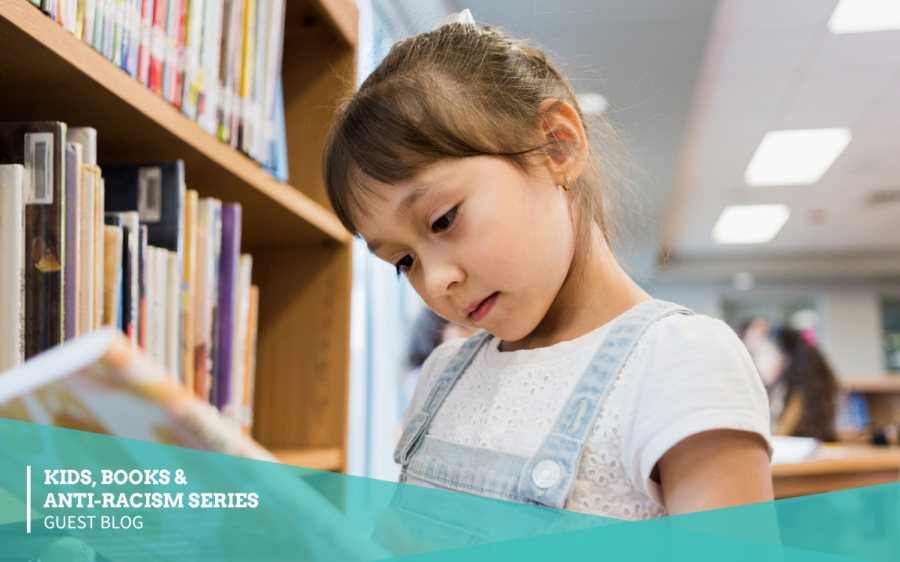The Literacy Collaborative partnership builds schoolwide professional capacity focused on improving the literacy outcomes for all children. What does this mean for a teacher, interventionist, or literacy coach/teacher leader who becomes trained through Literacy Collaborative?
Literacy coaches “in-training” immerse themselves into an initial year of training to refine their literacy learning and teaching. Through ongoing affiliation with Literacy Collaborative, these educators continue to fine-tune their practice through ongoing literacy professional development with their colleagues.
Samantha Dormady shares her experiences as an Intermediate (3-5/6) Literacy Collaborative trained coach for Middleborough Public Schools.
What parts of the Literacy Collaborative training had the most significant impact on you and your work or practice?
Honestly, the whole experience was a whirlwind. It’s hard work! There is a lot of information to process in the initial 5 weeks of intense training, field visits, implementation, and all while continuing to run a classroom. However, it is all worthwhile in the end. Everyone wins! This [fourth] year is the first year that I feel as though the dust has settled and I am getting a handle on things. It is definitely a process and happens over time. I have learned so much, and I still have so far to go!
What is most rewarding about the work you do as a Literacy Collaborative teacher leader or coach?
Seeing teacher and students have their “aha” moments is most rewarding. I just love when you can literally see a little lightbulb go off – it makes my day! More than anything, observing students’ new genuine love for reading and writing melts my heart. Students are all building stamina. In writing, you can see them selecting the best genre to fit their topic of choice because they’ve decided to write about something in which they are passionate.
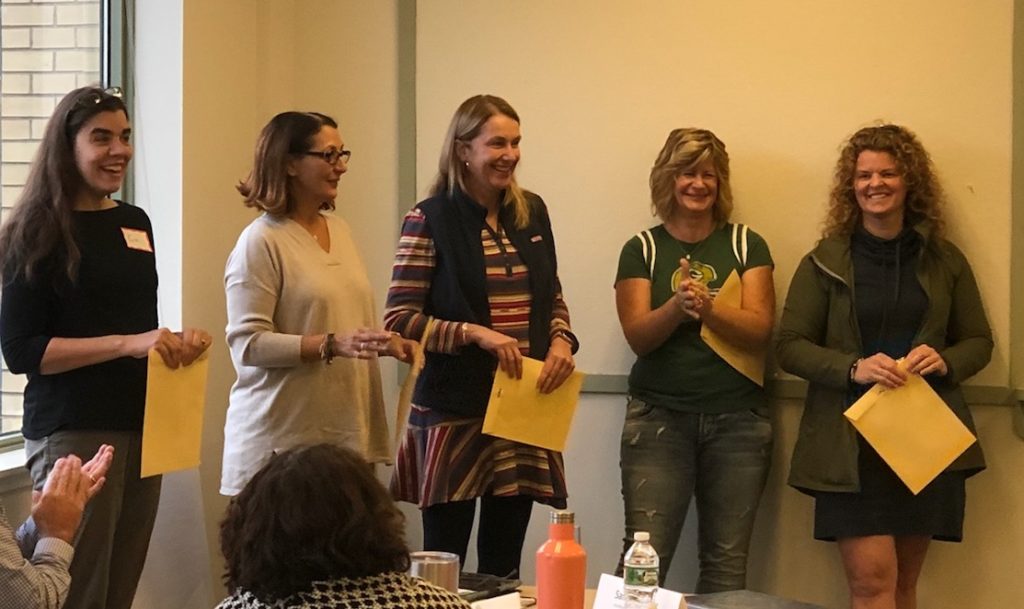
What is your advice for schools considering the Literacy Collaborative partnership?
Do it! Take the leap. It is definitely a long-term undertaking, but the results you begin to see are worth it. I can’t believe the shift we are already starting to see. We began three years ago at the intermediate level, and primary is a year behind us. We are hoping to have the funds to take it up through the middle school as well. When all of our students are getting the experience from Kindergarten through middle school, it will be amazing. The shared vision, goals, and common language has contributed to the success of the implementation. I only wish that my own kids had the experience of a Literacy Collaborative school.
Share the changes you have seen in your students.
I have seen students really begin to take ownership in their own learning. We are really seeing a sense of agency and students identifying themselves as authors and illustrators. Stamina has also increased in both reading and writing, as a result of students having more choice.
Teachers in our school are beginning to embed the Literacy Collaborative model in their classrooms, at their own pace. This instruction is well-supported by Lesley University, Literacy Collaborative liaisons, and in-house coaches.
Interested in the Literacy Collaborative partnership?
Click here to learn more.

